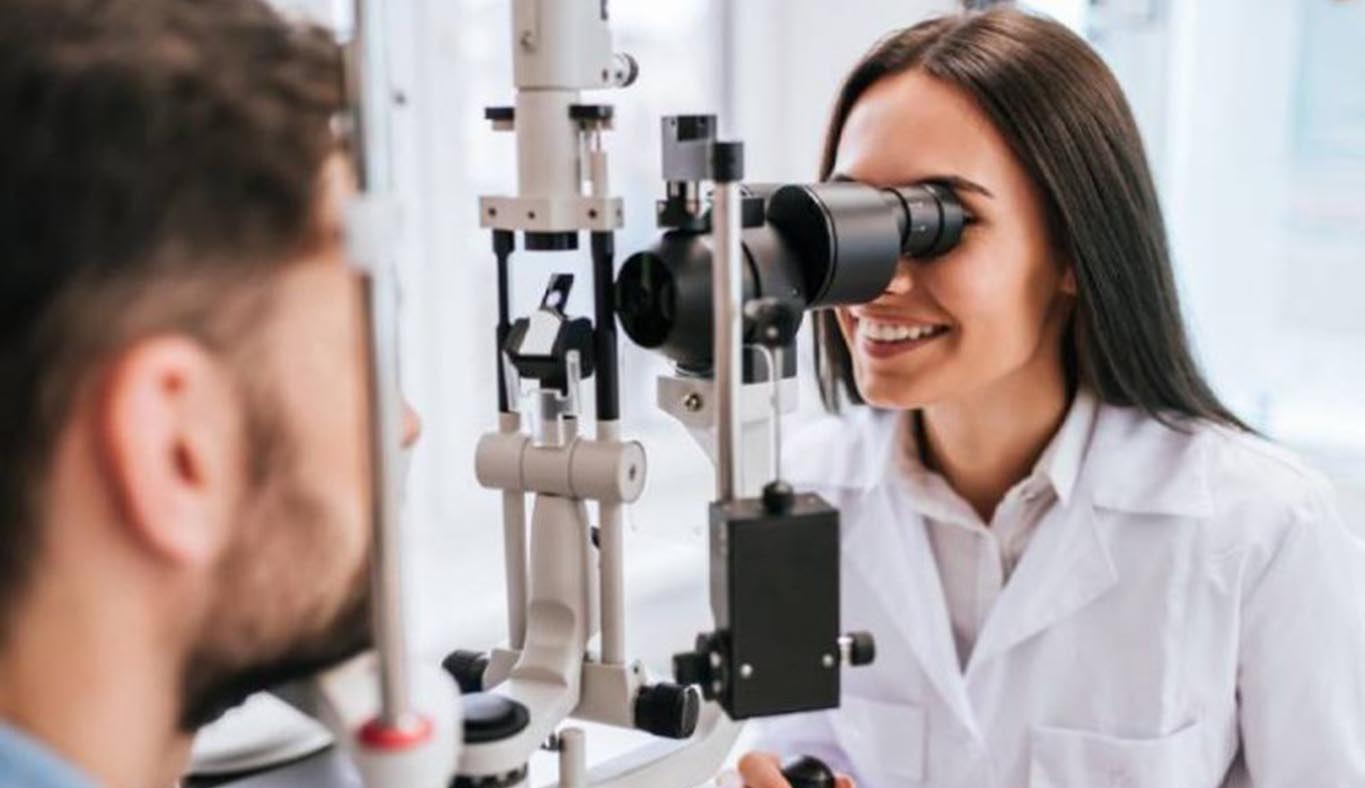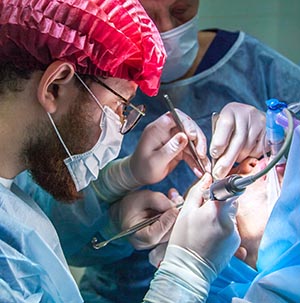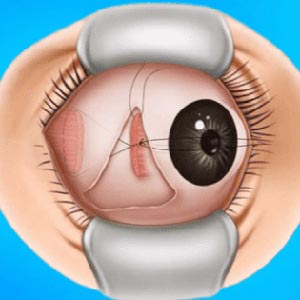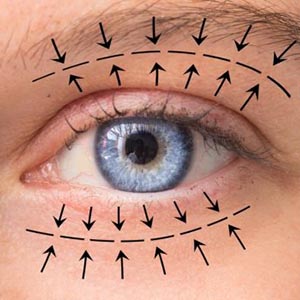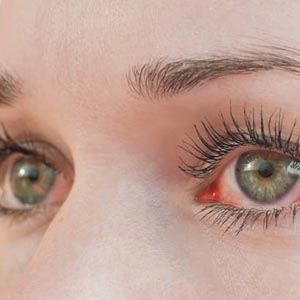Description
Ophthalmologists are eye care specialists who can diagnose and treat any issue that affects your eyes or vision. They can prescribe medication, suggest vison correction aids (like glasses or contacts) and perform surgery. It’s common to see an ophthalmologist for age-related issues like cataracts and glaucoma.
They have specialized training and experience in diagnosing and treating eye and vision conditions.
Calling About Eye Problems
Contact the ophthalmologist right away if you have any of the following:
- An eye injury or infection
- Eye pain
- An increase in floaters and flashes of light
- A change in vision, such as blurriness or seeing double
- Sudden vision loss, even if your sight returns a few seconds later
An ophthalmologist will assess your vision and, if needed, find your eyeglass/contact lens prescription. They will test how your pupils respond to light, check the alignment of your eyes, and make sure the muscles that move your eyes are working properly. They will look for any early signs of eye problems such as cataracts or glaucoma and examine the back of your eye (retina) and optic nerve.
Ophthalmologists diagnose and treat injuries, infections, diseases, and disorders of the eye. Treatments can include medication taken orally (by mouth) or topically (in the eye), surgery, cryotherapy (freeze treatment), and chemotherapy (chemical treatment).
Our Eye Care Services
Stitchless Cataract Surgery
This procedure is performed using ultrasound technology to break up the cataract into small pieces, which are then gently suctioned out through a small incision. The no-stitch technique eliminates the need for sutures, resulting in faster recovery and reduced risk of complications. With the no-stitch cataract removal technique, the incision is very small and angled in a way which will enable it to close on its own. The outward pressure from the fluid within the eye acts as a seal, so there is no need for stitches Once the incision is made, the surgeon dissolves the cataract by phacoemulsification, inserts an artificial lens through the same incision and allows pressure to seal the incision naturally.
Squint Surgery
You need proper medical attention and care to restore your vision if you are diagnosed with squint surgery. At Dr yashi Eye Clinic, we provide squint eye treatment and diagnosis for all type of squints, including convergent squint and paralytic squint.
Post Surgery Care Tips For Squint
- Your doctors prescribe some eye drops to relieve your eyes after squint surgery.
- Till two weeks of surgery, children are not allowed to indulge in activities like swimming, as chlorine in the water irritates your eyes.
- When you sleep, it is normal to have sticky eyes for a few days after the squint surgery. The sticky discharge from the eyes should be cleaned with lukewarm water and a cotton ball.
- Proper care is essential when washing your hair, as soap or shampoo can affect your eyes.
Pediatric Opthalmology
Pediatric ophthalmology is a branch of ophthalmology that focuses on treating children's vision problems and eye illnesses. Childhood is a crucial time for proper eye care because many visual issues arise as the eyes develop and could impact the child's future development.A pediatric ophthalmologist is a special doctor for kids eyes. They go to school for a long time to learn about eye problems in kids. If your child has an eye problem, is having difficulty with a vision screening exam or has difficulty reading or learning, or needs surgery or medical treatment for an illness affecting the eyes, a pediatric ophthalmologist has the experience and qualifications to treat your child.
Oculoplastic Procdures
Oculoplastic surgeries, often referred to simply as oculoplastics, are procedures that repair or alter the appearance of parts of your face connected to and immediately around your eyes. These procedures can affect soft tissues like skin, fat and muscle, and the bones of your skull.oculoplastic procedures aren’t just for age- or appearance-related concerns. Oculoplastic procedures can repair injury- or disease-related changes. Oculoplastic procedures are very common, partly because so many procedures fall under this umbrella.
Glaucoma Treatment
Glaucoma is a group of eye diseases that can cause vision loss and blindness by damaging a nerve in the back of your eye called the optic nerve. The symptoms can start so slowly that you may not notice them. The only way to find out if you have glaucoma is to get a comprehensive dilated eye exam. There’s no cure for glaucoma, but early treatment can often stop the damage and protect your vision. Glaucoma treatment often starts with prescription eye drops. Some may decrease eye pressure by improving how fluid drains from your eye.
Treatment of eye infections & allergy
Eye allergies, also called allergic conjunctivitis, are quite common. They occur when the eyes react to something that irritates them. Viruses, bacteria, irritating substances (shampoo, dirt, smoke, pool chlorine), or allergens (substances that cause allergies) can all cause conjunctivitis.but it is not a serious health risk if diagnosed promptly; allergic conjunctivitis is not contagious.
